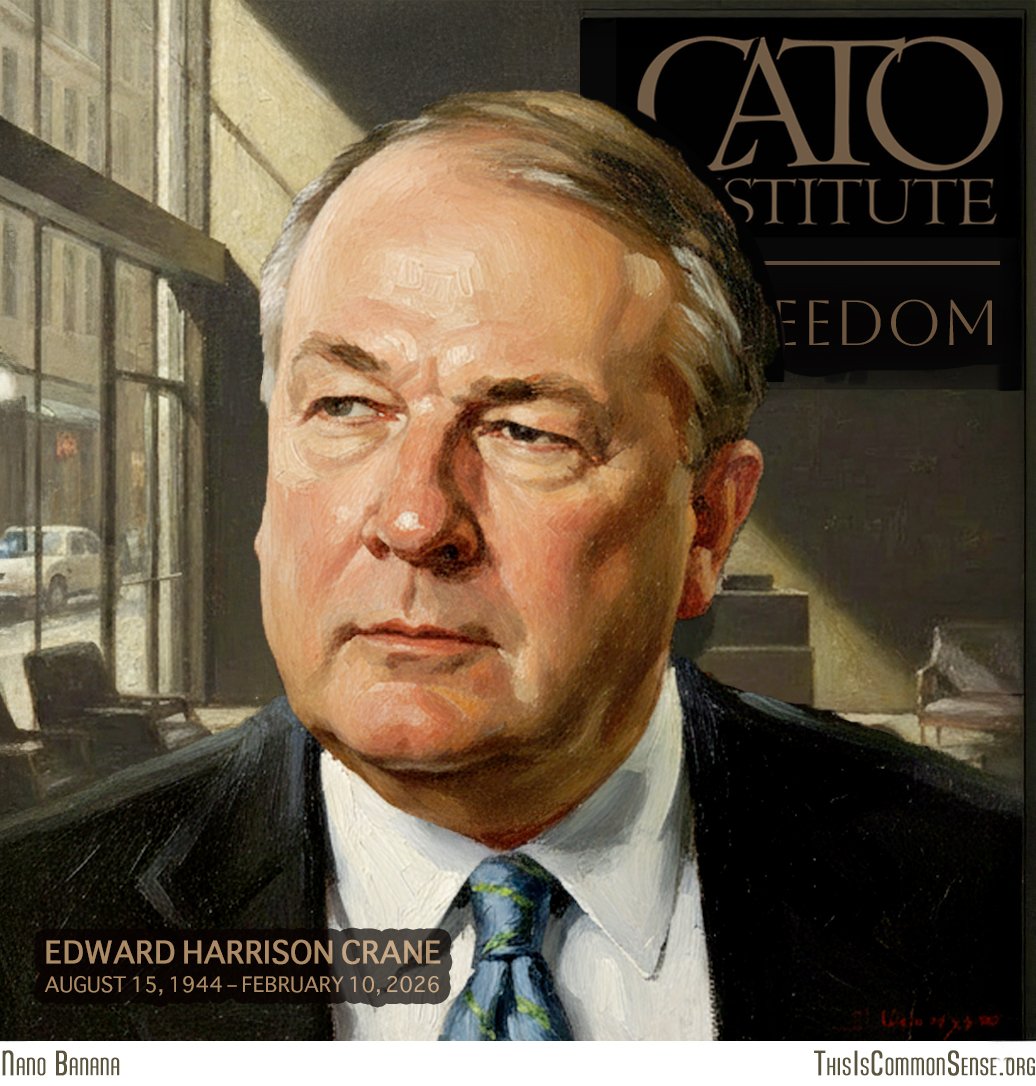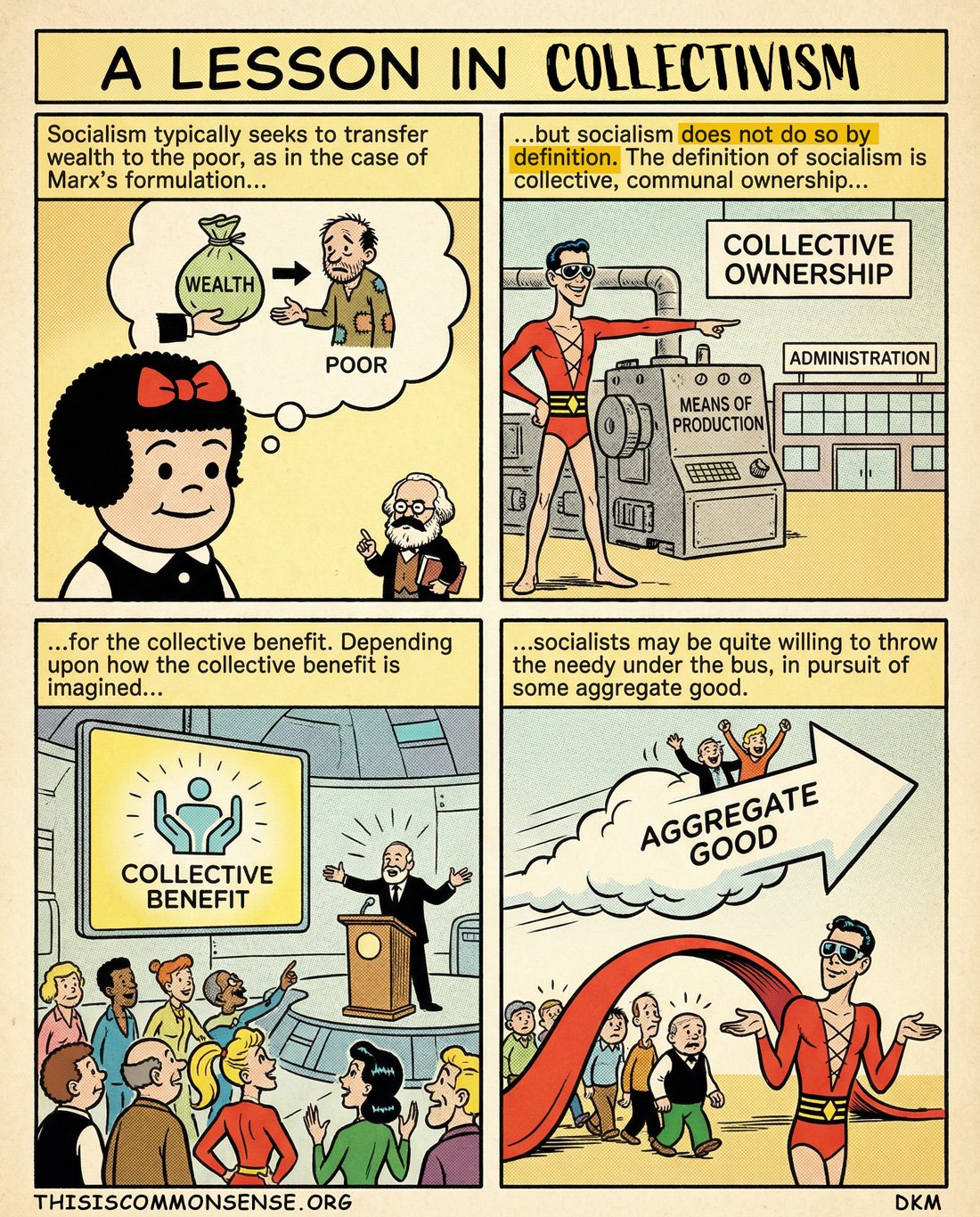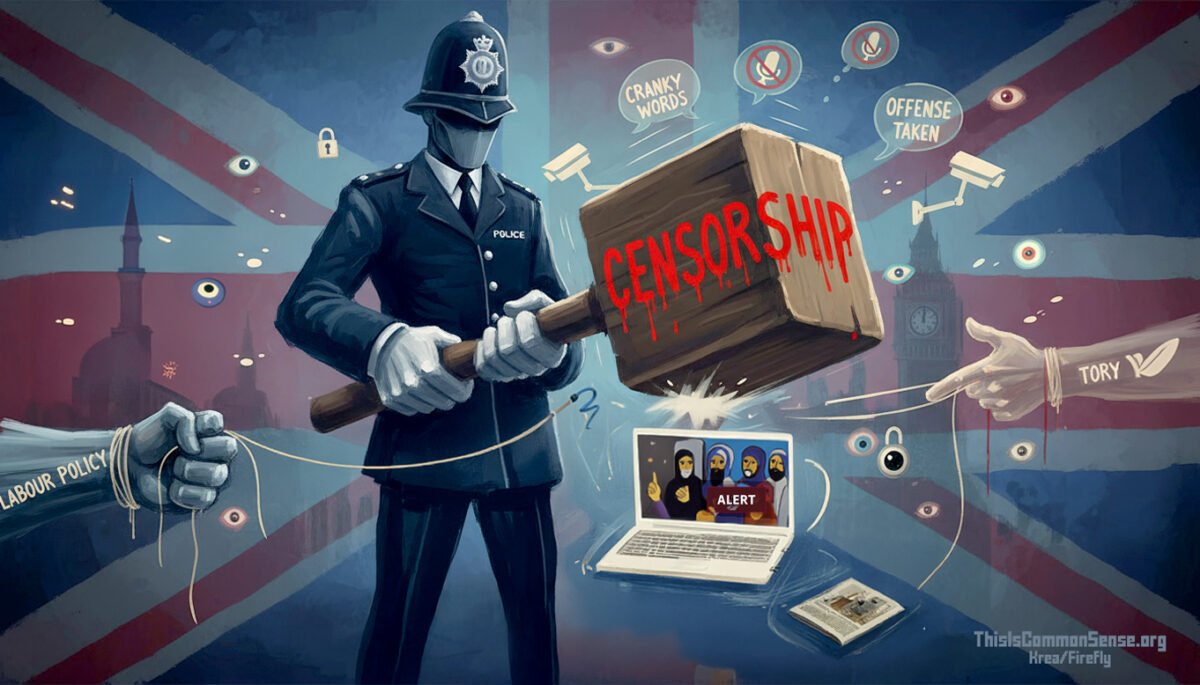“A great light has gone out,” offered my friend Tom Palmer.
Ed Crane, the most important libertarian in my lifetime, passed away earlier this week, at age 81.
“On the exclusive list of persons who have had the greatest impact on the pro-liberty movement, Ed Crane’s name is preeminent,” wrote Bob Levy, chairman emeritus of Cato. “He built the Cato Institute from an inconspicuous, small-scale operation into a public policy powerhouse — the world’s foremost proponent of individual liberty and limited government.”
Years ago, my wife worked as Ed’s assistant and in other roles at the Institute. She even convinced him to give me a job in the mailroom. When I left Cato (and my mailroom career), I marched into his office and deadpanned: “Ed, I think I’ve taken Cato just as far as I can.”
We both laughed. He seemed to have it well in hand from there.
Crane had already put the Libertarian Party on the map with Ed Clark’s impressive 1980 presidential run. That’s how I first got to know both Eds, serving (at age 19) as the chair of the Arkansas Libertarian Party and the Clark campaign. So glad to have been part of it; sad that it remains the high-water mark for the party.
In his tribute, Bradley Smith, the former FEC Commissioner and now chairman and founder of the Institute for Free Speech, noted that “Ed was instrumental in helping to found the Institute for Free Speech — originally called the Center for Competitive Politics, a name Ed came up with (nobody’s perfect).”*
Still, as I told U.S. Term Limits head honcho Howie Rich, what comes to mind when I think about Ed is the fact he was the only person who loved term limits even more than we do.
Ed was a tireless advocate and Cato a leading producer of good information on the issue. Speaking about term limits, Ed would repeat the common refrain, “Folks say term limits are not a panacea.”
Only to counter: “Yes, they are.”
Thank you, Ed.
This is Common Sense. I’m Paul Jacob.
P.S. Love and condolences to Kristina, Ed’s wife, who is spectacularly wonderful. I remember especially the early 1980s when she was the den mother to a motley crew of young libertarian activists and intellectuals then descending upon Washington, D.C.
* Smith tells an interesting story about Ed Crane: “In fact, it is often forgotten that he was one of the original plaintiffs in the landmark campaign finance case, Buckley v. Valeo (he often expressed, with his typical sarcasm, his disappointment that the case had not been captioned Crane v. Valeo.)”
Illustration created with Nano Banana
See all recent commentary
(simplified and organized)
See recent popular posts










